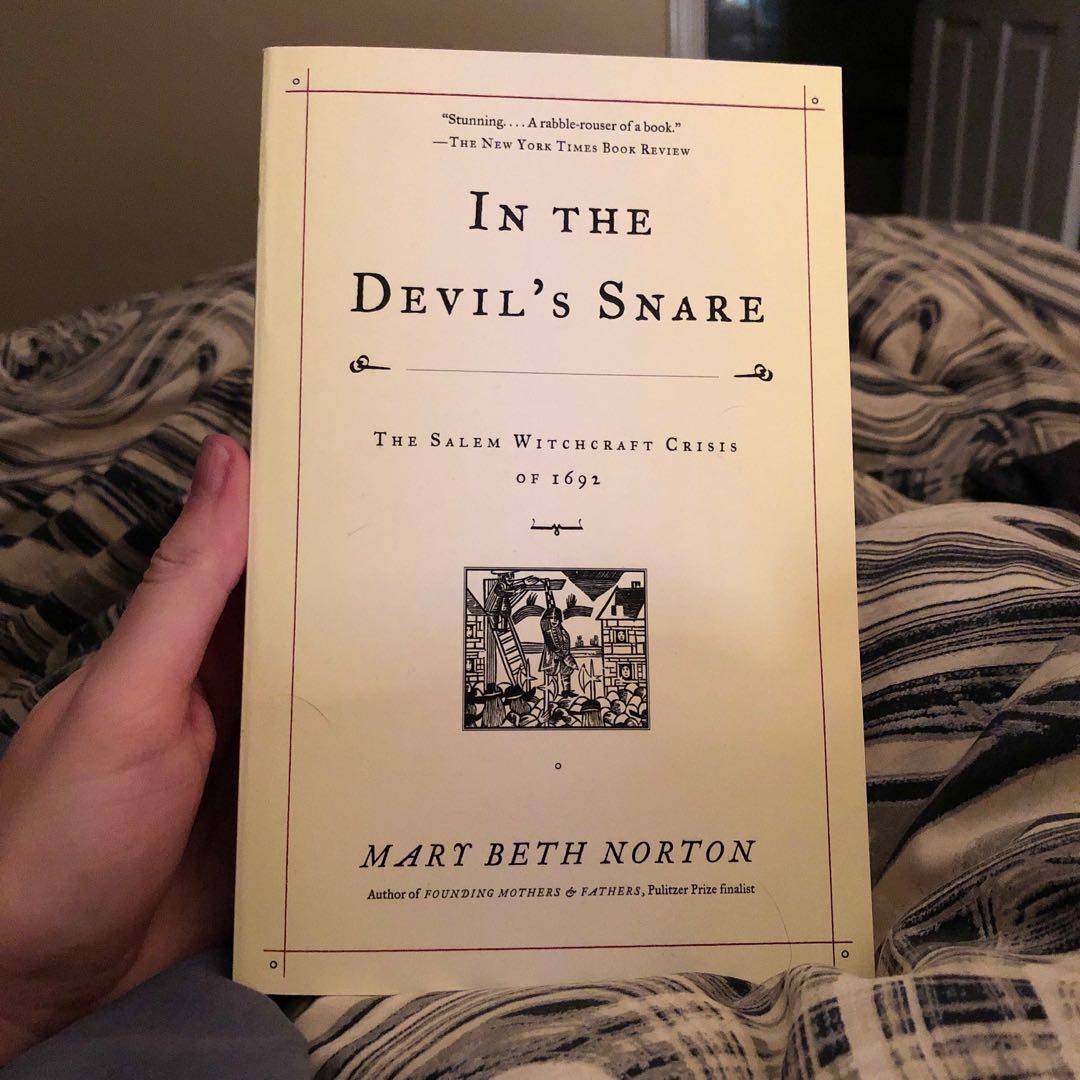
I‘m still in the spooky mood, so I‘m continuing even though I may not finish by October 31. What‘s more scarier than humans? #currentlyreading

I‘m still in the spooky mood, so I‘m continuing even though I may not finish by October 31. What‘s more scarier than humans? #currentlyreading
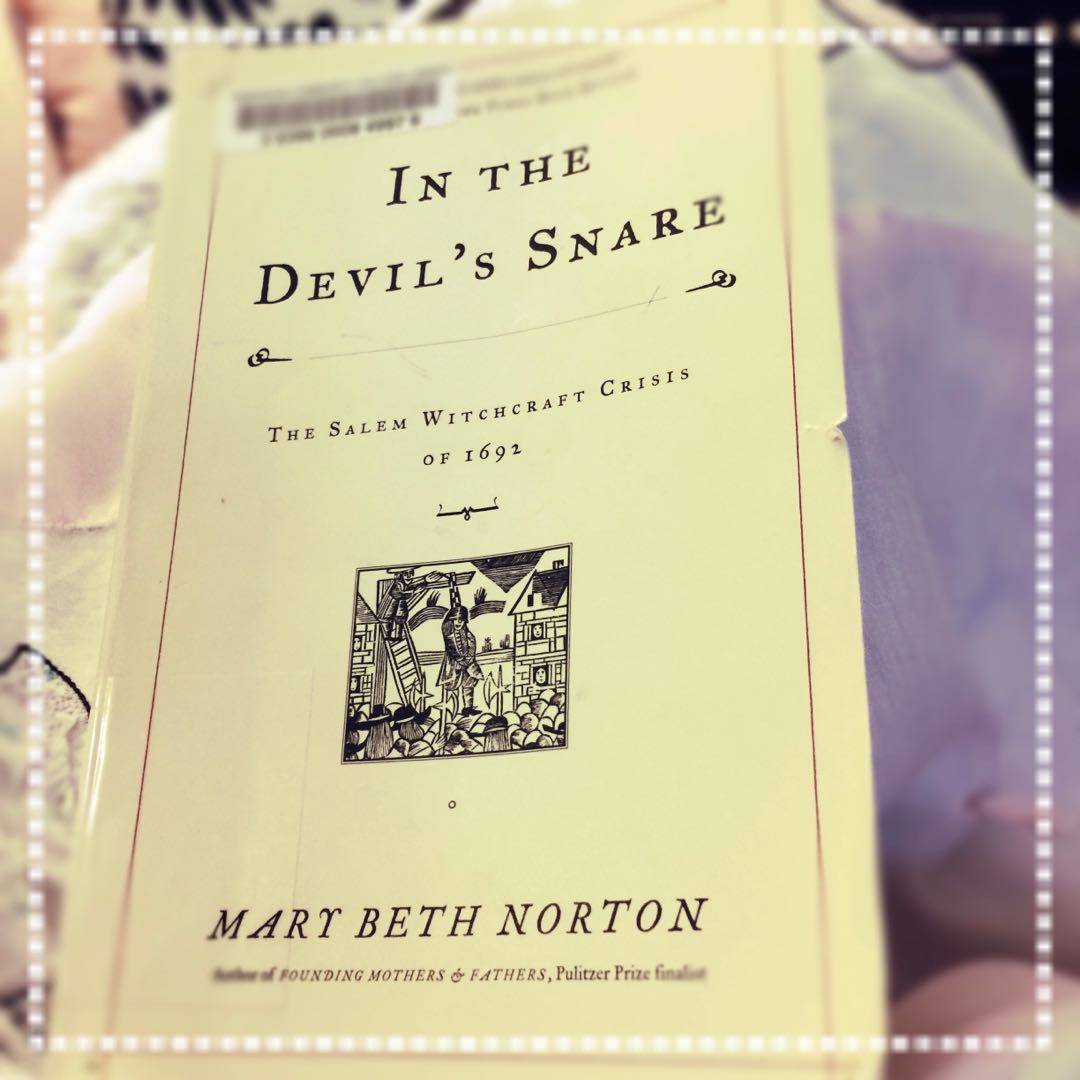
This was a fascinating study of the Salem/Essex County witchcraft crisis and the broader circumstances (war with the Wabanakis in the colonial outposts of Maine and New Hampshire) that contributed to the crisis. Her conclusions are well argued; the general argument sometimes gets lost in the bulk of the text (told chronologically), but she forcefully ties it together in the conclusion. Some may find this too academic for them, but I had no issues.

“... the next four years proved the Wabanaki leaders to be remarkable prophets. No other war fought on North American soil has ever had such extraordinary consequences.”

“That, of course, is hardly surprising: if any charge was likely to be disbelieved and suppressed by the male gatekeepers, it was one naming a man (or men) who served with them on the colony‘s primary governing body. And yet, given the logic of these accusations, such a charge was perhaps the most obvious of all.”

“Abigail Hobb‘s statement on April 19 set off a chain of events that within thirty-six hours explicitly linked the witches‘ and the Wabanakis‘ assaults against New England. As a result, witchcraft complaints exploded, expanding both geographically and numerically. During the next seven weeks, fifty-four people were formally accused of being witches, a sharp increase from the ten who had been complained against in the seven weeks prior...”
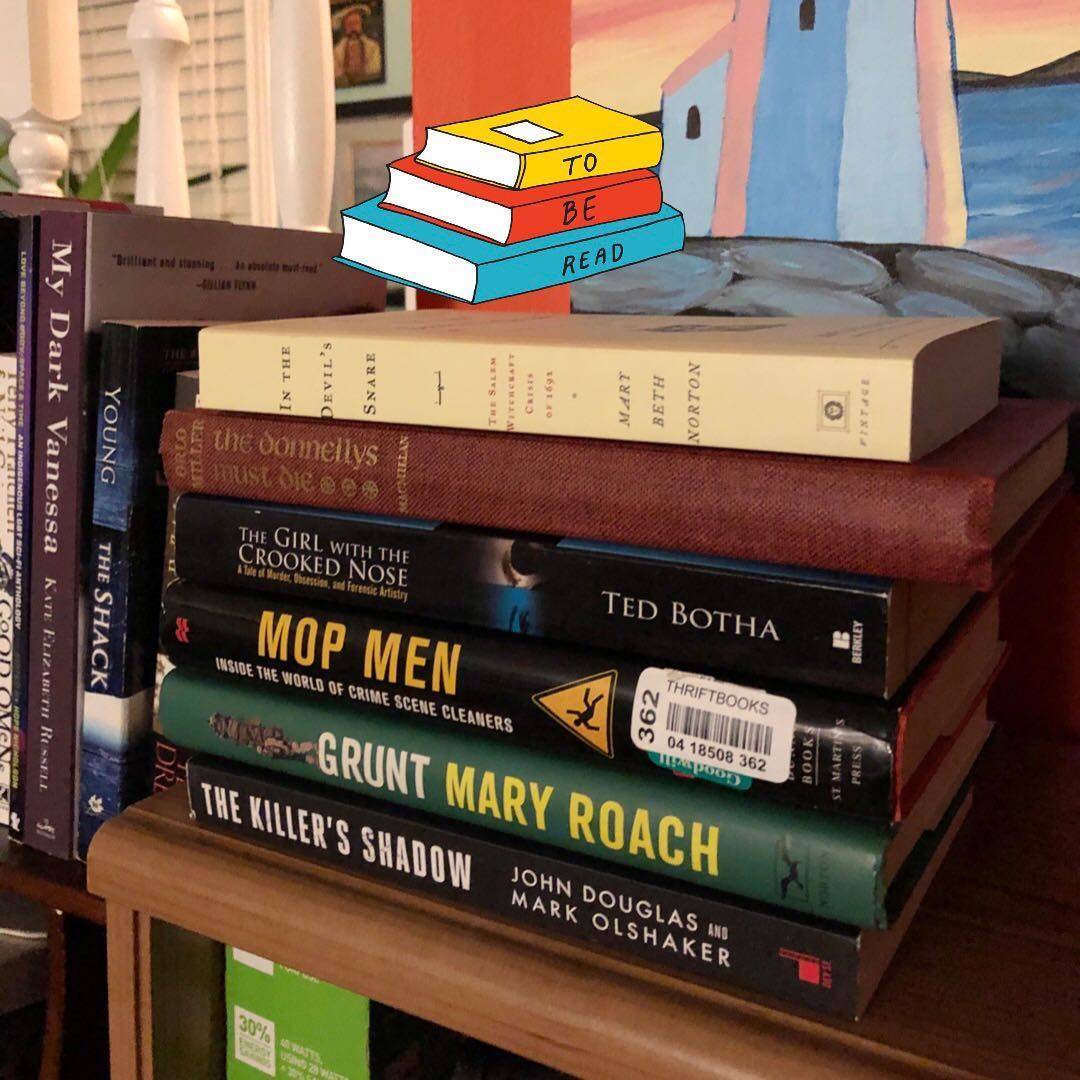

I do find the Salem witches an interesting topic, but a number of nonfiction books I‘ve read about it (including this one) have not held my interest. I do find it hard, sometimes, to read books with a lot of quotations from other sources, and this one (and other books on this topic) has a lot of that
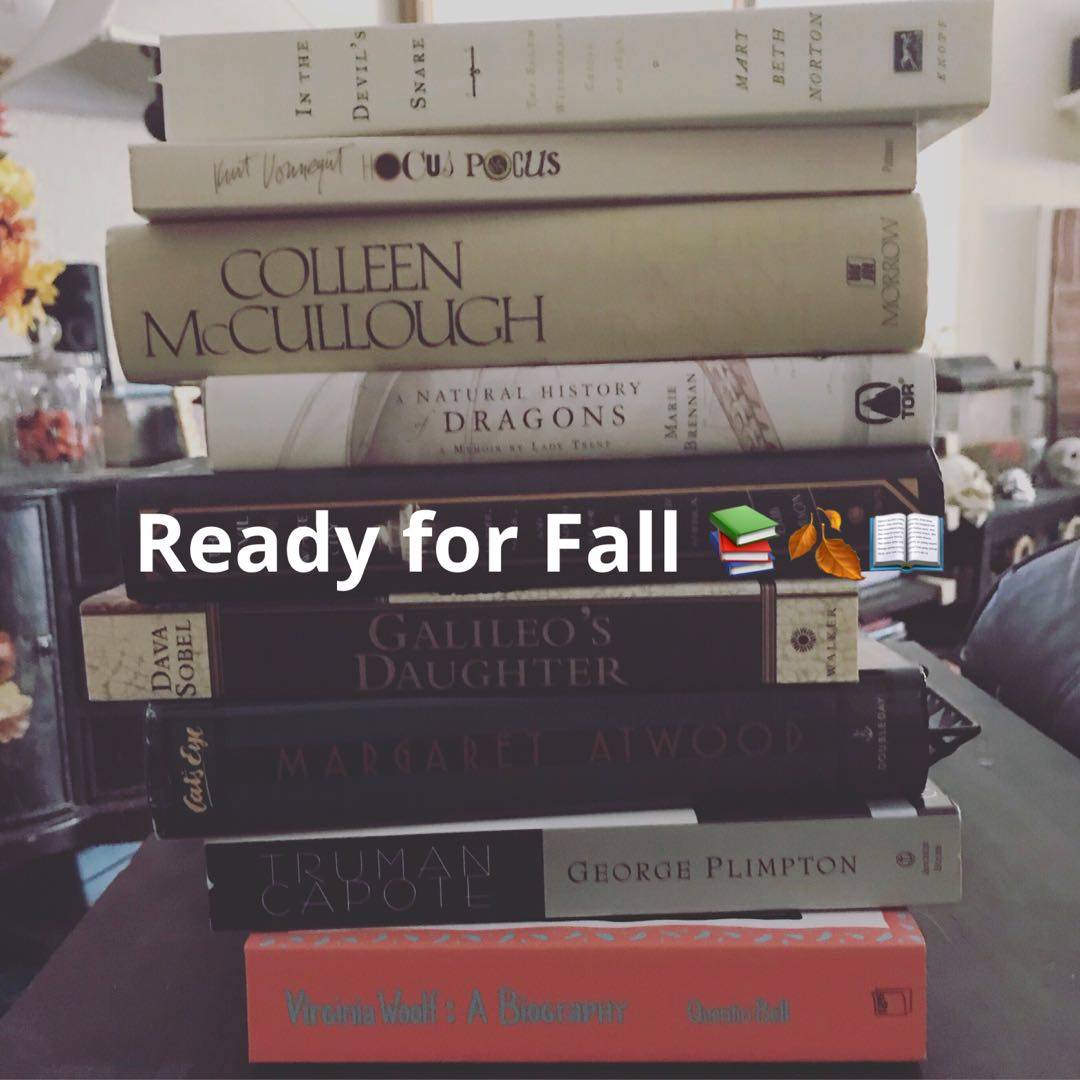
Book sale at the library 📚 🍂📖🎃

A meticulously researched account of the Salem witch trials using contemporary accounts whenever possible. Norton uses the approach that the trials were related to the lifestyle of the colonisers who dealt with frequent attacks and other issues. I would have liked more analysis, but I thought the graphics provided were very good and useful for understanding what happened.

I went on a road trip with the BF and we stopped in Salem, MA. I already decided my souvenir was going to be a book, but I couldn‘t pass up the second to the right. One of my coworkers is an ancestor to one of the unfortunate women hanged (Rebecca Nurse), and this book focuses on them specifically.

So, I've always been interested in the Salem witch trials. But I just couldn't keep plowing through. Way too many quotes in old english and rehashing of the testimonies of the witnesses at the trials, over and over and over.
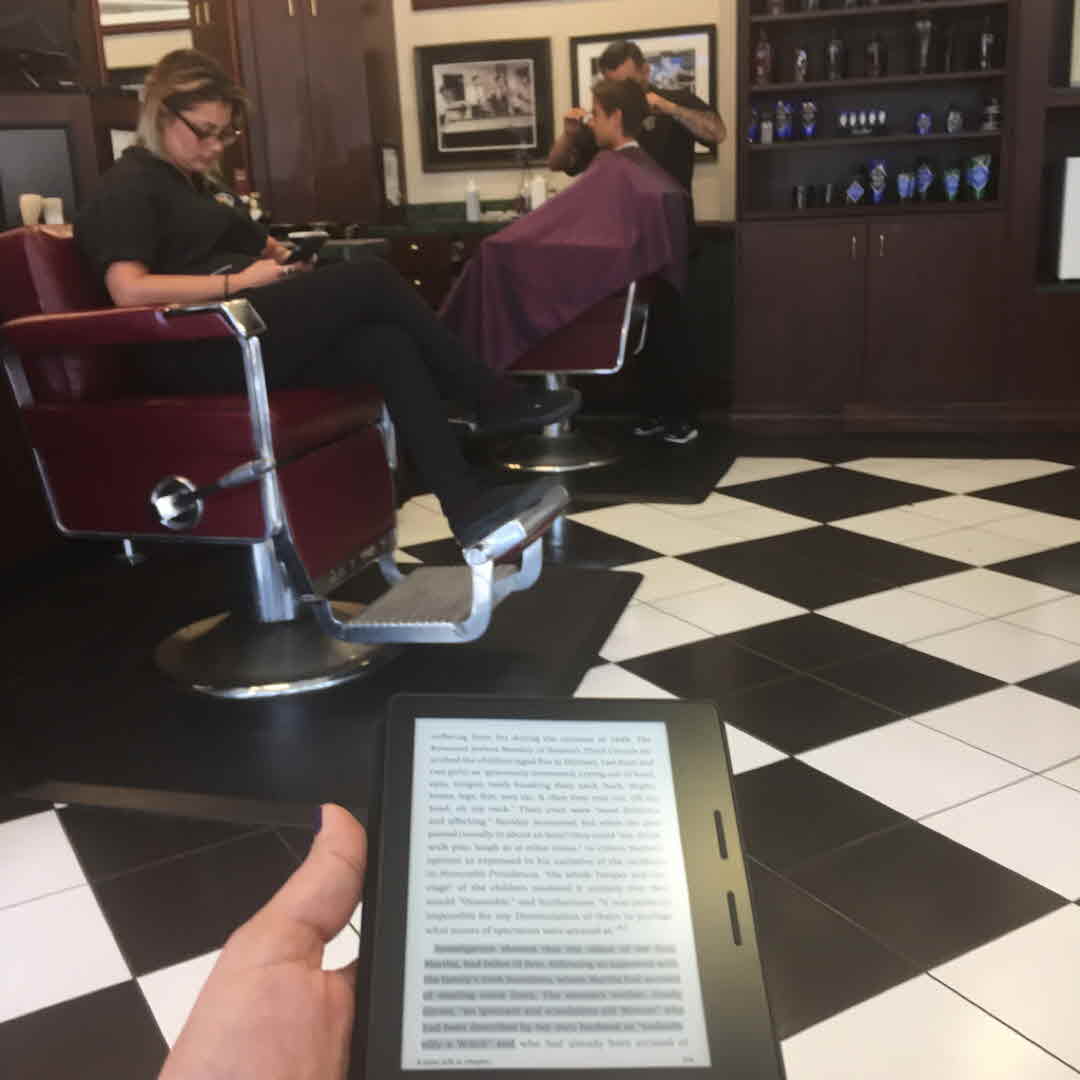
At a manly man barbershop waiting for my son to get his hair cut. Fitting to read about a woman accused of witchcraft in Boston in the 17th century: "...Goody Glover, "an ignorant and scandalous old Woman" who had been described by her own husband as "undoubtedly a Witch"..." ? #youdontsay ? #scaretober

"Monday, January 25, 1691/2; York, Maine. About noon, in heavy snow, when (in the words of a contemporary historian) "the Inhabitants were in their unguarded Houses, here and there scattered, Quiet and Secure," about 150 Indians led by Madockawando, a sachem of the Penobscot band of the Wabanakis, took York completely by surprise..." #firstlines #scaretober #historyread